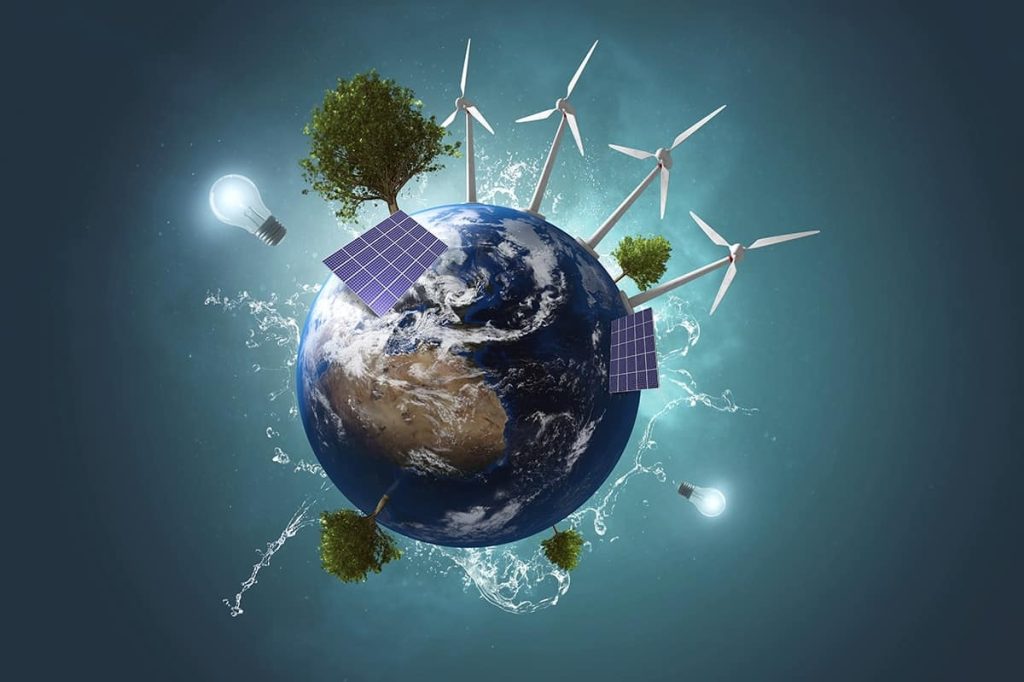Key Takeaway
Timeline
Day Activities
-
Morning Workshops: Kick off Global Energy Independence Day with hands-on workshops designed to enlighten participants about renewable energy sources. From solar panel assembly demos to wind turbine model making, these sessions are perfect for sparking curiosity and fostering a deeper understanding of how we can harness the power of nature for our energy needs.
-
Afternoon Panel Discussions: As the sun climbs higher, so does the level of engagement with panel discussions featuring experts in the field of sustainable energy. Topics range from the latest in green technology innovations to strategies for reducing carbon footprints. These talks not only inform but also inspire attendees to consider how their actions impact the planet.
-
Evening Celebrations: Cap off the day with a showcase of renewable energy achievements and a look towards the future. Expect a mix of cultural performances, storytelling, and interactive exhibits that highlight the global journey towards energy independence. This festive atmosphere provides a perfect backdrop for networking, sharing ideas, and building a community committed to a sustainable future.
Why We Love This Day
- Celebrating Progress in Renewable Energy
Who doesn't love a good success story? On Global Energy Independence Day, we celebrate the leaps and bounds made in renewable energy technologies. From solar panels that can now harness more sunlight than ever before to wind turbines spinning away in fields and offshore, this day is a nod to human ingenuity and determination. It's about recognizing those bright minds that keep pushing the envelope, making sure our future is powered by clean, sustainable sources. After all, who wouldn't want a planet that's both thriving and green?
- Highlighting the Importance of Energy Independence
Alright, let's talk turkey. Energy independence isn't just a fancy term; it's a crucial goal for countries around the globe. Why, you ask? Well, it means not having to rely on anyone else for your energy needs. This day shines a spotlight on the importance of having control over one's energy sources, reducing reliance on fossil fuels, and, by extension, minimizing geopolitical tensions that often come with energy dependency. It's a reminder that going green isn't just good for the planet; it's smart politics and economics, too.
- Fostering Global Collaboration and Innovation
Now, here's the kicker: Global Energy Independence Day isn't just about patting ourselves on the back for how far we've come. It's also about looking forward, joining hands across borders, and brainstorming the next big breakthroughs in energy technology. This day serves as a call to action for innovators, policymakers, and everyday folks to come together, share ideas, and work on solutions that benefit not just a handful but all of humanity. Because at the end of the day, we're all in this together, and it's only by pooling our resources and creativity that we'll achieve true energy independence.
Past & Future Dates
| Month | Day | Year |
|---|---|---|
| JULY | 10 | 2022 |
| JULY | 10 | 2023 |
| JULY | 10 | 2024 |
| JULY | 10 | 2025 |
| JULY | 10 | 2026 |
| JULY | 10 | 2027 |
| JULY | 10 | 2028 |
FAQ
What is Global Energy Independence Day?
Global Energy Independence Day, celebrated every July 10, shines a spotlight on the critical goal of achieving energy independence and steering us towards a sustainable future. It's a call to action for communities, nations, and individuals worldwide to embrace clean energy solutions.
What does energy independence actually signify?
Energy independence is about a place or group producing more energy than it consumes, achieving a surplus. It means not having to rely on external sources for energy needs, promoting a self-sufficient and secure energy landscape.
What is the formula for energy independence?
Energy independence is assessed by the equation [1 – (Imported/Consumed)]*100, measuring how self-sufficient you are in terms of energy consumption. It contrasts with net energy, which is the exported energy minus the imported energy.
What is an example of energy independence?
An example of striving towards energy independence is the United States' efforts. It involves harnessing renewable energy, boosting energy efficiency in various sectors, enhancing energy storage capabilities, and updating the electrical grid to ensure security and self-reliance in energy.
